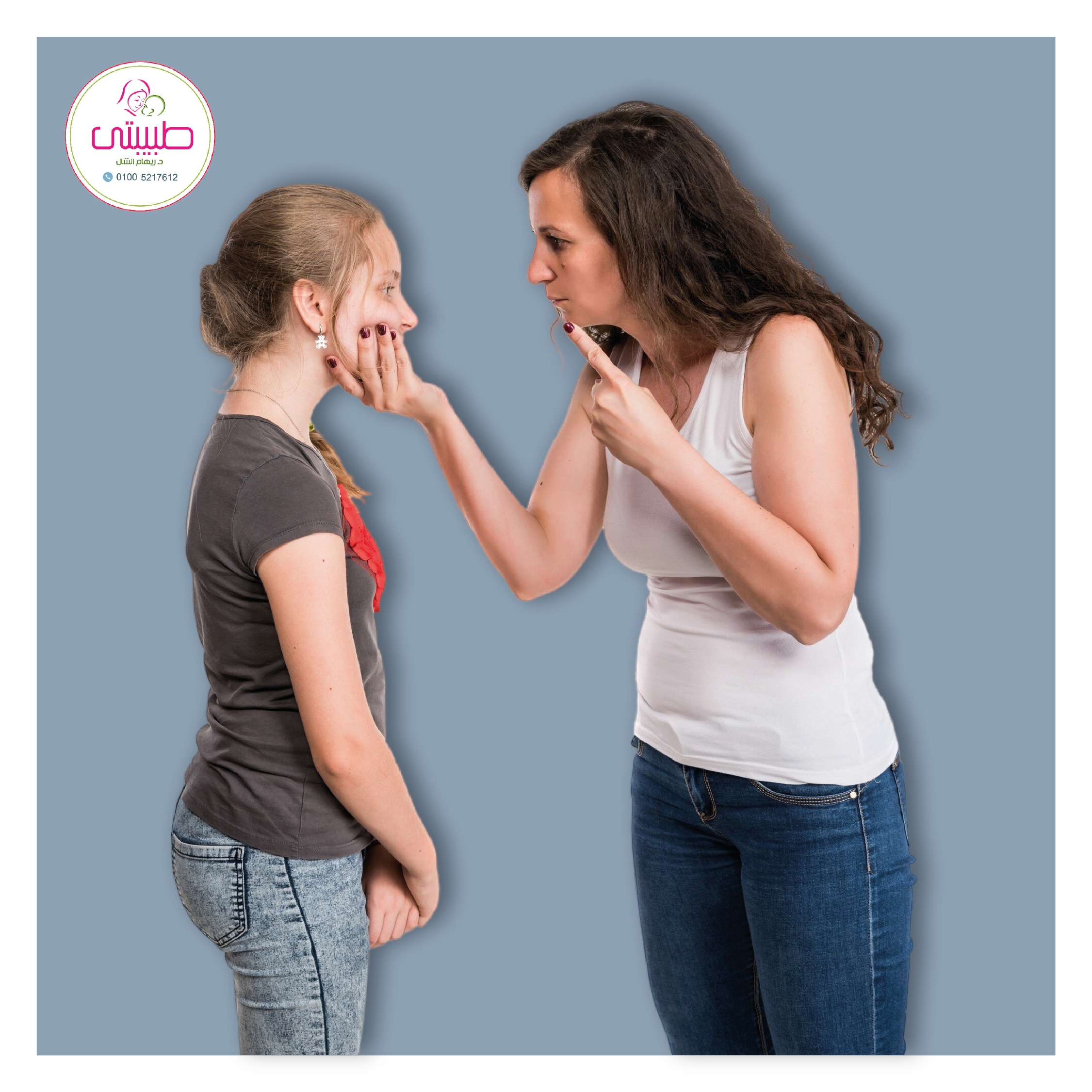6 mistakes mothers make that affect their daughters’ fertility (Part One)
The mother plays an important role in her daughter’s life, including her reproductive health. Unfortunately, some mothers may unknowingly make mistakes that negatively affect their daughters’ fertility. In this article, we will discuss some of these mistakes in the first part, focusing on the importance of taking care of the health of girls’ reproductive systems.
The first mistake: preventing the removal of excess hair
Some mothers believe that removing excess hair in sensitive areas is shameful or inappropriate, especially before marriage. While this may be a deeply held belief, it has serious health consequences for a girl’s fertility.
How does excess hair affect fertility
A fertile environment for bacteria: Excess hair is an ideal environment for the growth of bacteria and microbes, especially in the vaginal area.
Uterine infections: These bacteria may move to the uterus, leading to severe infections.
Blocked fallopian tubes: Uterine infections may develop into pus, leading to blockage of the fallopian tubes, which hinders the natural fertilization process.
Effect on the uterine lining: Uterine infections may affect the uterine lining, making it unsuitable for embryo implantation, even in cases of ICSI.
Important tips
Educating girls about the importance of personal hygiene: Mothers should educate their daughters about the importance of personal hygiene, including removing excess hair in a safe manner. Consultation with a gynecologist: It is recommended to consult a gynecologist to determine the best way to remove excess hair for each girl.
The second mistake: neglecting menstrual disorders
Some mothers may neglect menstrual disorders in their daughters, such as its absence for long periods or its irregularity. While these disorders may seem normal, they may indicate serious health problems that affect fertility.
How do menstrual disorders affect fertility
Various causes: Menstrual disorders may indicate various causes, such as tumors, cysts, or endocrine disorders.
Risk to the ovaries: Tumors and cysts may develop into advanced stages, putting the ovaries at risk and threatening their loss.
Delaying treatment: Delaying treatment for menstrual disorders may lead to serious consequences, such as infertility.
Important tips
Monitoring a girl’s cycle: Mothers should monitor their daughters’ cycle regularly and note any abnormal changes.
Consult a doctor: It is recommended to consult a gynecologist immediately if there are any disturbances in the menstrual cycle.
Third mistake: Ignoring delayed menstruation after the age of 16 years
Some mothers may think that delayed menstruation after the age of 16 is normal, especially if the girl is from a family with a history of delayed menstruation.
While this may be true in some cases, it may indicate health problems that require treatment.
How does delayed menstruation affect fertility
Obstruction of the hymen: Delayed menstruation may be due to obstruction in the hymen, which leads to blood accumulation inside the uterus and blockage of the fallopian tubes.
The importance of early diagnosis: Early diagnosis and prompt treatment are essential to prevent serious complications.
Important tips
Monitoring the girl’s growth: Mothers must monitor the growth of their daughters and ensure that menstruation begins at the appropriate time.
Consult a doctor: It is recommended to consult a gynecologist immediately if menstruation is delayed after the age of 16 years.

